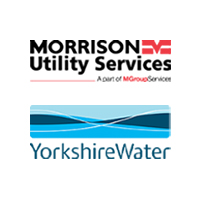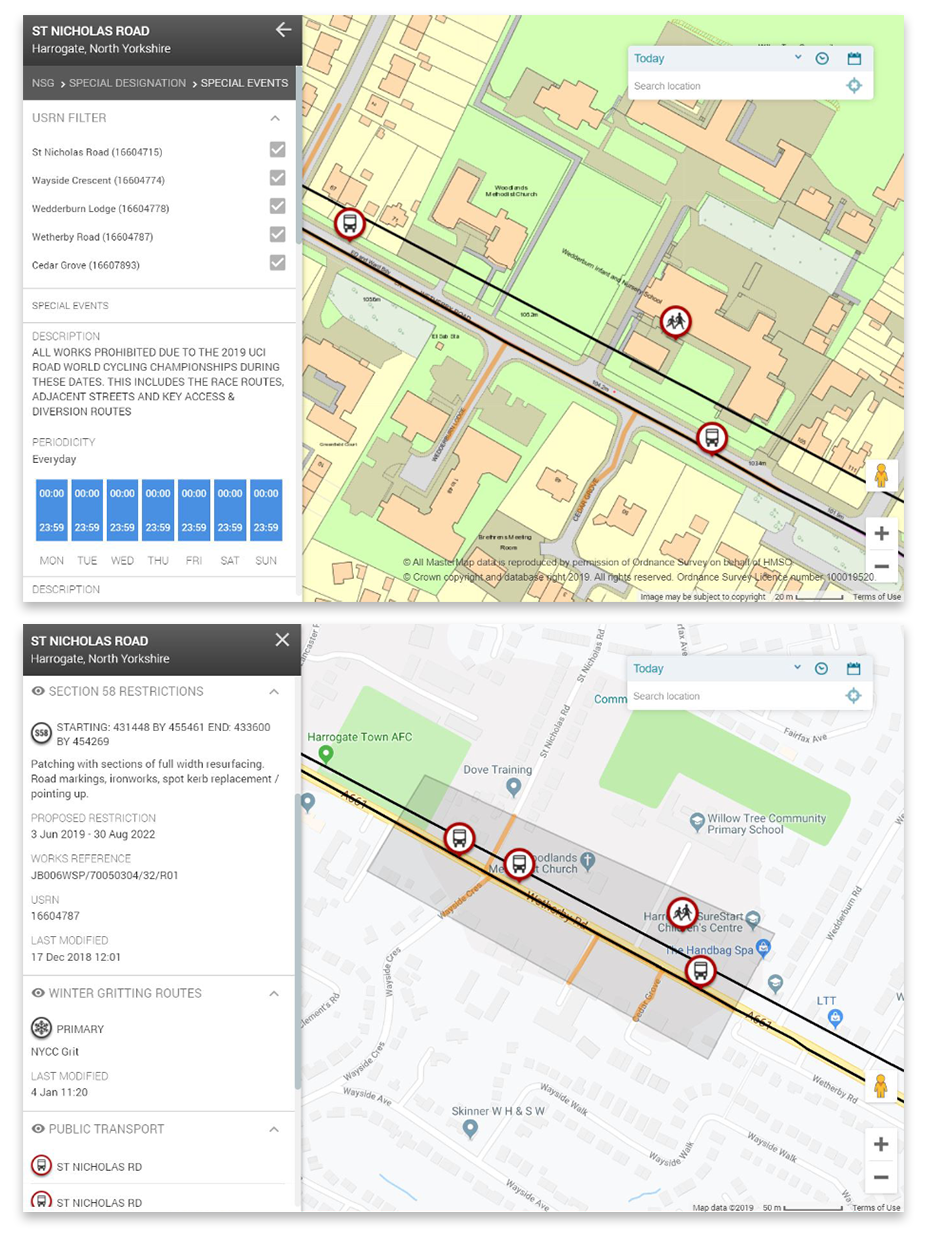Morrison Utility Services (MUS) drives innovation in streetworks planning to deliver increases in efficiency and a reduction in costs.

The Challenge
Streetworks planning is becoming increasingly complex, with multiple data streams and job-specific factors requiring consideration. Information sources must be consulted using different, often individual systems and data sets, making it difficult for planners to obtain an overall picture of the streetworks environment. Along with being time and resource intensive, if, during planning, some data is missed, issues can result, e.g. reduced productivity, greater customer/road user disruption, increased health, safety and environmental risks.
Morrison Utility Services (MUS) realised that to take planning efficiency to the next level, an integrated approach to consulting planning data sets was needed and chose Elgin, with its one.network platform, as the perfect project partner.
Collaboratively MUS and Elgin developed the Works Planning module - an integrated map-based planning tool, which goes beyond existing best practice, being capable of automatically presenting multiple datasets in a number of different views or data layers.
Key Benefits
Increase of over 30% in number of jobs planned
Increase in abortive cost savings
Percentage of jobs re-planned decreased
“The Works Planning Module represents a step change in how we approach planning. The amount of data it collates and the ease with which it is presented cannot fail to have a positive impact for both Yorkshire Water and its customers.”
Contract Manager, Yorkshire Water
The Solution
The Works Planning module is a desktop risk assessment tool for integrated streetworks planning to improve efficiency, thoroughness and to reduce cost. It brings together in one place a multitude of relevant datasets.
Each data layer clearly visualises information relating to particular aspects of a job, e.g. proximity to planned third party works, train/tram/bus stops, bridges, schools, hospitals, traffic lights, speed limits, winter gritting routes, streetworks restrictions, NSG special designations, highway authority, live traffic, weather, etc. It improves planning quality and efficiency by:
- Automated data mining reduces time/effort required when using multiple data sources.
- Identifying and addressing risks/ stakeholder issues at planning stage.
- Reducing abortive work and re-planning.
- Improving planners’ understanding of jobs, constraints and challenges faced by operational teams.
Yorkshire Water (YW) is the first utility to adopt the system and since implementing the solution it has seen:
- 38% increase in the number of works planned over 4 months.
- over 35% decrease in number of works being aborted over 4 months, reducing overall delivery costs.
- increase of 25% in operational productivity indicated by jobs/day over 4 months.
Additional benefits expected to be realised over the coming months include:
- Reduction in physical site survey requirements.
- Improved customer/stakeholder feedback –more effective planning resulting in less road user/community impact.
- More effective and early mitigation of H&S risks – more site issues identified in advance of being on site.
- Facilitation of further standardisation of planning processes across teams - improved consistency for operational teams and customers.
Please contact us for more information.
